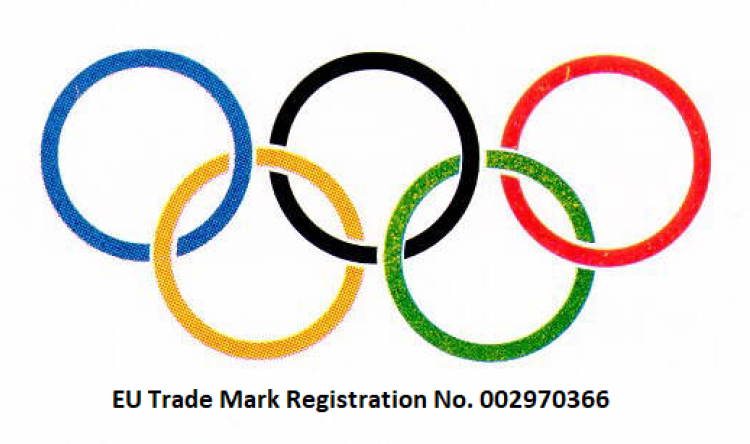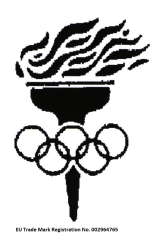Posted on June 24, 2024
2024’s summer of sport is upon us, with the UEFA Euro 2024 football tournament well underway, Wimbledon fast approaching and the Grand Départ of the Tour de France imminent. But the summer’s biggest events will undoubtedly be the Olympics and Paralympics in Paris.
Companies hoping to cash in on these sporting fiestas should take care, as the event organisers need to protect the interests and investments of their official partners to ensure they can continue to fund future events by selling expensive sponsorship packages.
There have been famous examples of tangible ambush marketing, where a group of people all wear a particular outfit or carry a particular prop to get noticed by cameras in an event crowd. But ambush marketing can also take the form of a targeted advertising campaign away from the event venue, or an opportunistic social media post or campaign.
Each event organiser will have a raft of trade mark and design registrations in place for various names and logos associated with their event. For example, the International Olympic Committee is the owner of numerous trade marks and designs registered worldwide in relation to the Olympic Games, including "Paris 2024", "Olympic Games", the Olympic rings and the very cute mascot, Olympic Phryge, so those cannot be used without consent. These are powerful tools but can’t by themselves stop advertisers from alluding to the event.

Depending on the circumstances, local laws protecting unregistered rights, such as passing off in the UK, can also be used to take action against companies seeking to imply that they are affiliated with event organisers.
In the UK, the Advertising Standards Agency (ASA), the UK’s independent regulator of advertising across all media, will consider complaints from the public and industry against specific advertising campaigns, and require amendment or withdrawal of an advert if they consider that there has been a breach of the relevant advertising code. The code does not preclude people from referencing sporting events but ads must not mislead consumers by implying that an official relationship exists when it does not, and requires that marketers hold evidence that any claimed endorsements are genuine.
For events as big as the Olympics, the host country tends to pass specific legislation to provide additional protection against ambush marketers and people seeking to ride on the coat tails of the international exposure of the event. The organisers of London 2012 were criticised for applying such rules fairly heavy-handedly - one example was a report of an 81 year old receiving a warning about her knitted doll’s outfit featuring the Olympic rings, which was offered for sale at a church fair. Despite that, Nike launched their extremely clever “Find Your Greatness” campaign, timed to coincide with the 2012 Olympics and referencing numerous “London”s around the world, and managed to avoid falling foul of the web of legal remedies in place.

In addition, Rule 40 of the Olympic Charter governs what athletes can do when they are personally sponsored by brands who are not official Olympic partners, and use by “non-Olympic partners” of participant images. The IOC and Team GB have both issued guidance to Olympic participants to help them navigate the complexities of the rules, and how best to reconcile the needs of their personal sponsors with those of the official partners. In particular, there is a need to tread a very fine line in social media posts during and immediately after the Games period – perhaps something to look out for in the quiet moments between events!
If you are a non-official partner thinking about trying to refer to the Olympics, or any other big sporting event, in your marketing this summer, it would be advisable to seek guidance before committing to the campaign. Or you could forget about the day job and just sit back and enjoy the sport!
Get in touch if you wish to discuss any of the issues raised above, or any aspect of your trade mark use and protection.
We are a European firm and assist our clients to protect their IP rights in the UK, Europe and worldwide from our offices in the UK and The Netherlands and through our international network of trusted local attorneys.
